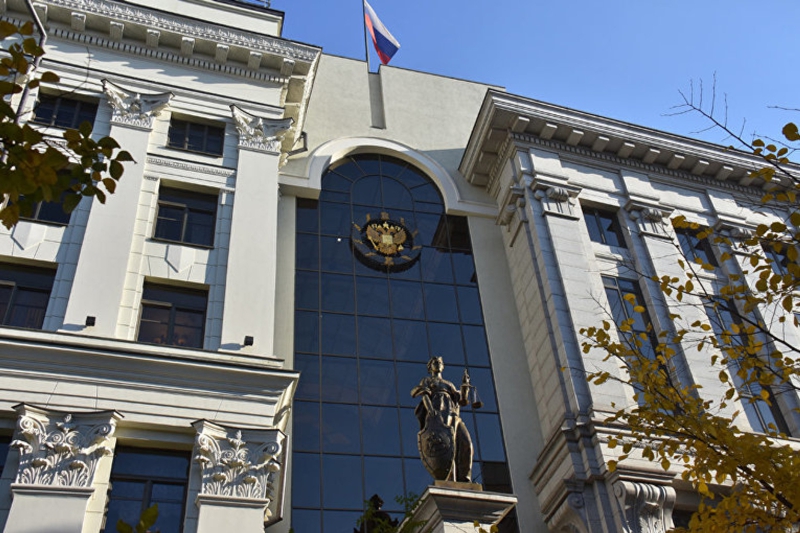Russia’s Supreme Court. Photo: Wikimedia Commons
On the 8th anniversary of the Russian Supreme Court's decision to designate the Jehovah’s Witnesses as an “extremist organization,” the human rights organization Memorial has published new data on the Kremlin’s persecution of the religious group. According to Memorial’s calculations, a total of 904 people have been targeted over their affiliation with Jehovah’s Witness communities across Russia. Of these, 525 have already received criminal sentences, while another 242 remain under investigation or are awaiting trial.
As of now, 607 Jehovah’s Witnesses are under active prosecution by Russian authorities. Of these, 184 are currently deprived of their liberty — held in pretrial detention centers, penal colonies, correctional facilities, or under house arrest. Memorial recognizes these individuals as political prisoners.
Ten Jehovah’s Witnesses have died during the course of their investigation, trial, or while serving their sentences. The most recent known case is that of 67-year-old Valery Baylo, who passed away on March 21, 2024, at Pretrial Detention Center No. 3 in Novorossiysk. According to his lawyer, Baylo was denied medical care despite having serious health issues.
Women make up 25% of those persecuted. In total, 225 women have faced repressive measures due to their involvement in Jehovah’s Witness communities.
In 2017, Russia’s Supreme Court declared the Administrative Center of Jehovah’s Witnesses in Russia an extremist organization. All associated religious groups were subsequently banned, triggering widespread repression against followers of the faith.
On June 7, 2022, the European Court of Human Rights (ECHR) ruled that Russia’s ban on Jehovah’s Witness organizations and the persecution of their members violated the European Convention on Human Rights. “The court found that the definition of ‘extremism’ was overly broad in Russian law and had been misused for the prosecution of believers or religious ministers on the basis of the content of their beliefs alone,” the ECHR ruled.
The Memorial Human Rights Society, commonly known as “Memorial,” is a prominent Russian NGO that focuses on historical research, human rights advocacy, and preserving the memory of victims of political repression, particularly of those who suffered during the Soviet era. In recent years, Memorial has faced increasing pressure from Russian authorities. It was labeled a “foreign agent” under Russian law in 2016 and was ordered by the Russian Supreme Court to be dissolved in 2021.
In October 2022, Memorial was jointly awarded the Nobel Peace Prize with Belarusian human rights advocate Ales Bialiatski and the Center for Civil Liberties from Ukraine.

